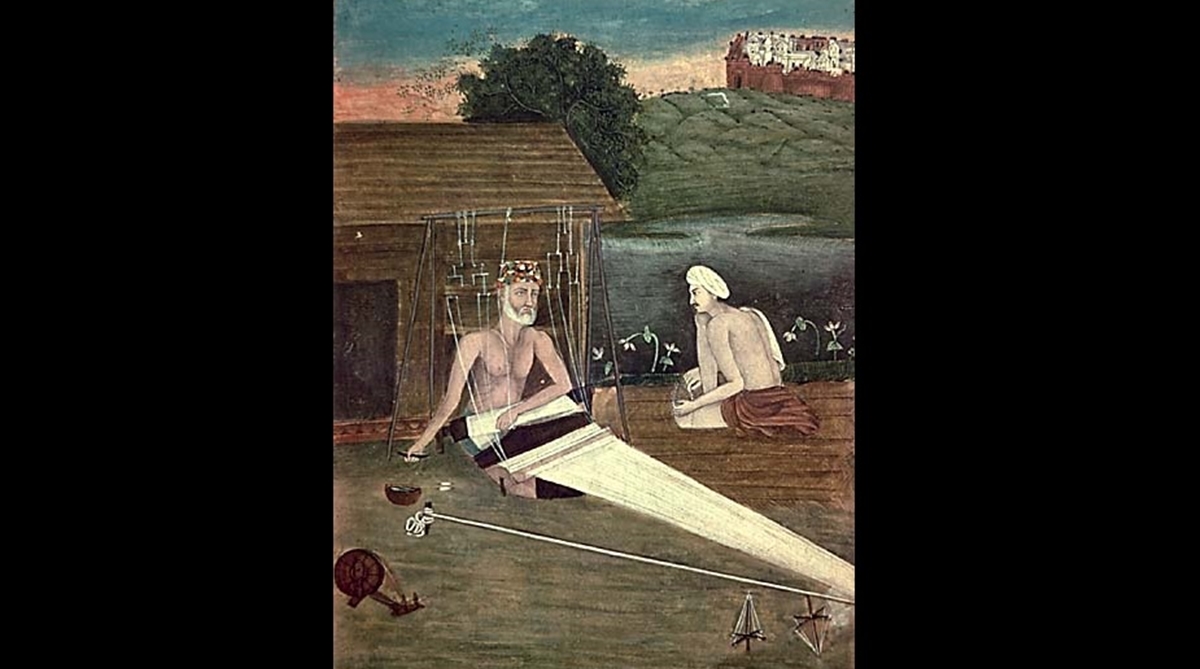prasad1
Active member
Kabir Das is one of my favorite philosopher.
He may not be well known in South India.
Nearly six centuries have passed since he was born, but Sant Kabir, the 15th-century mystic poet, has remained contemporary. The poet whose life influenced people of all religions he came close to is one of the most interesting personalities in the history of Indian mysticism.
To mark his 500th death anniversary year, the Government of Uttar Pradesh, the state where the poet spent most of his life, is dedicating an institution to Sant Kabir to further his teachings. On 27 June, Prime Minister Narendra Modi will lay the foundation stone for the Sant Kabir Akademi at Maghar where the mystic saint is said to have taken his samadhi five centuries ago.
The Akademi will be undertaking research, survey, publication and exhibition of the life and works of the social reformer. There will also be a state-of-the-art library relating to Kabir’s writings.
Sant Kabir was a unique combination of humanism who could not be confined to the realms of one religion. Kabir’s verses that influenced the Bhakti movement of Hinduism are found in Sikhism’s Guru Granth Sahib too. His spent his early life in a Muslim family, but he was strongly influenced by Ramananda, the Hindu Bhakti leader widely known as Kabir’s teacher.
Born near Benaras, or Varanasi, Kabir had his own definition of God. According to him, “true God” is with the person who is on the path of righteousness, considers all creatures as his own, and one who is passively detached from the worldly affairs.
His greatest work is the Bijak (the ‘Seedling’). This collection of poems explains how Kabir viewed spirituality. His vocabulary may be replete with words such as Brahman, karma and reincarnation, which are Hindu spiritual concepts, Kabir is known for his vehement opposition to dogmas, both in Hinduism and Islam. He would often ask his followers to leave aside the Quran and the Vedas, and simply following the Sahaja path, which he described as the simple or natural way to God. He believed in the Vedantic concept of atman, but rejected the Hindu custom of idol worship, showing clear belief in both Bhakti and Sufi philosophies.

 www.thestatesman.com
www.thestatesman.com
He may not be well known in South India.
Nearly six centuries have passed since he was born, but Sant Kabir, the 15th-century mystic poet, has remained contemporary. The poet whose life influenced people of all religions he came close to is one of the most interesting personalities in the history of Indian mysticism.
To mark his 500th death anniversary year, the Government of Uttar Pradesh, the state where the poet spent most of his life, is dedicating an institution to Sant Kabir to further his teachings. On 27 June, Prime Minister Narendra Modi will lay the foundation stone for the Sant Kabir Akademi at Maghar where the mystic saint is said to have taken his samadhi five centuries ago.
The Akademi will be undertaking research, survey, publication and exhibition of the life and works of the social reformer. There will also be a state-of-the-art library relating to Kabir’s writings.
Sant Kabir was a unique combination of humanism who could not be confined to the realms of one religion. Kabir’s verses that influenced the Bhakti movement of Hinduism are found in Sikhism’s Guru Granth Sahib too. His spent his early life in a Muslim family, but he was strongly influenced by Ramananda, the Hindu Bhakti leader widely known as Kabir’s teacher.
Born near Benaras, or Varanasi, Kabir had his own definition of God. According to him, “true God” is with the person who is on the path of righteousness, considers all creatures as his own, and one who is passively detached from the worldly affairs.
His greatest work is the Bijak (the ‘Seedling’). This collection of poems explains how Kabir viewed spirituality. His vocabulary may be replete with words such as Brahman, karma and reincarnation, which are Hindu spiritual concepts, Kabir is known for his vehement opposition to dogmas, both in Hinduism and Islam. He would often ask his followers to leave aside the Quran and the Vedas, and simply following the Sahaja path, which he described as the simple or natural way to God. He believed in the Vedantic concept of atman, but rejected the Hindu custom of idol worship, showing clear belief in both Bhakti and Sufi philosophies.

Sant Kabir | His story, writings, philosophies and some lesser known facts - The Statesman
It's 500th death anniversary year of Sant Kabir, who died in Maghar of Uttar Pradesh in 1518





